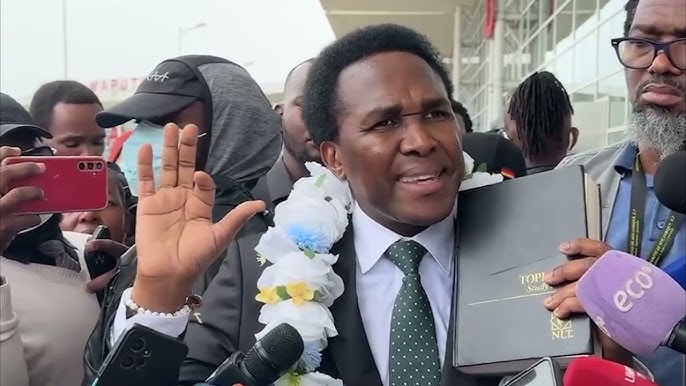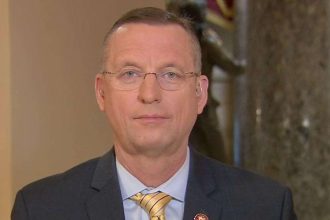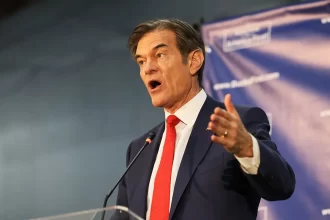Mozambique’s prominent opposition leader, Venancio Mondlane, has made a dramatic return to the country on Thursday, January 9th, after months in self-imposed exile. His arrival has intensified the nation’s political crisis, which has been marked by widespread protests and a violent crackdown following disputed elections in October 2024.
Mondlane fled Mozambique shortly after the October 9 elections, citing threats to his life after two senior members of his party were assassinated. He has since been leading anti-government protests from abroad through regular social media broadcasts. Upon his return to Maputo’s Mavalane International Airport, he was greeted by thousands of supporters. However, the scene quickly turned chaotic as riot police fired tear gas to disperse the crowd, and snipers were reportedly positioned on nearby buildings.
In a symbolic act upon his arrival, Mondlane knelt in the airport’s arrivals hall, clutching a black Bible, and declared himself the “president-elect of the people of Mozambique,” challenging the ruling Frelimo party’s claim to victory. He stated, “I want to fight within this country and I will, until the very end, keep fighting for this country.” He also expressed willingness to engage in dialogue in order to reach an understanding.
The October elections have been widely criticized for alleged rigging in favor of Frelimo, which has maintained power since Mozambique’s independence in 1975. International observers reported irregularities, and independent monitoring groups have documented serious flaws in the electoral process. Despite these concerns, Mozambique’s Constitutional Council upheld the Frelimo party, and President-elect Daniel Chapo is scheduled to be inaugurated on January 15.
Mondlane’s return has further galvanized opposition supporters, leading to renewed protests across the country. Since mid-October, demonstrations have been met with a harsh response from security forces, resulting in significant casualties. Civil society monitoring groups report that at least 278 people have died in the protests, with human rights organizations accusing security forces of using excessive force, including live ammunition against peaceful demonstrators.
The ongoing unrest has had broader implications for Mozambique and the region. Economic activities have been disrupted, with businesses suffering losses and border access to neighboring countries like South Africa being affected. There have also been reports of Mozambicans fleeing to neighboring nations such as Malawi and Eswatini to escape the violence.
As the inauguration date approaches, tensions remain high. Mondlane’s symbolic self-inauguration and his call for continued protests pose a significant challenge to Frelimo’s half-century rule. Analysts warn that the government’s response to these developments could either pave the way for dialogue and potential reconciliation or lead to further violence and instability in the country.
The international community is closely monitoring the situation, with regional bodies like the Southern African Development Community expressing concern over the escalating crisis. Efforts to mediate between the government and opposition are anticipated, aiming to prevent further deterioration of the political and humanitarian situation in Mozambique














